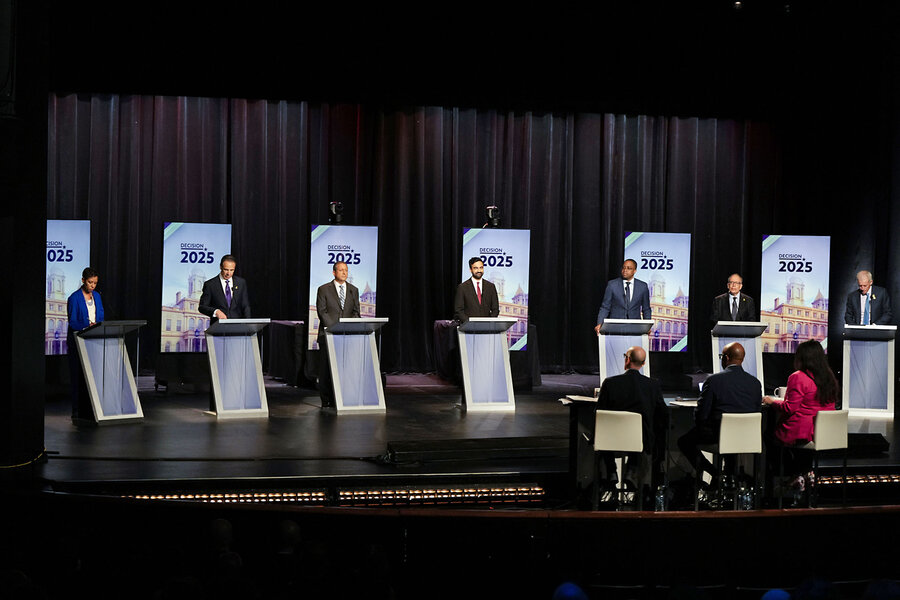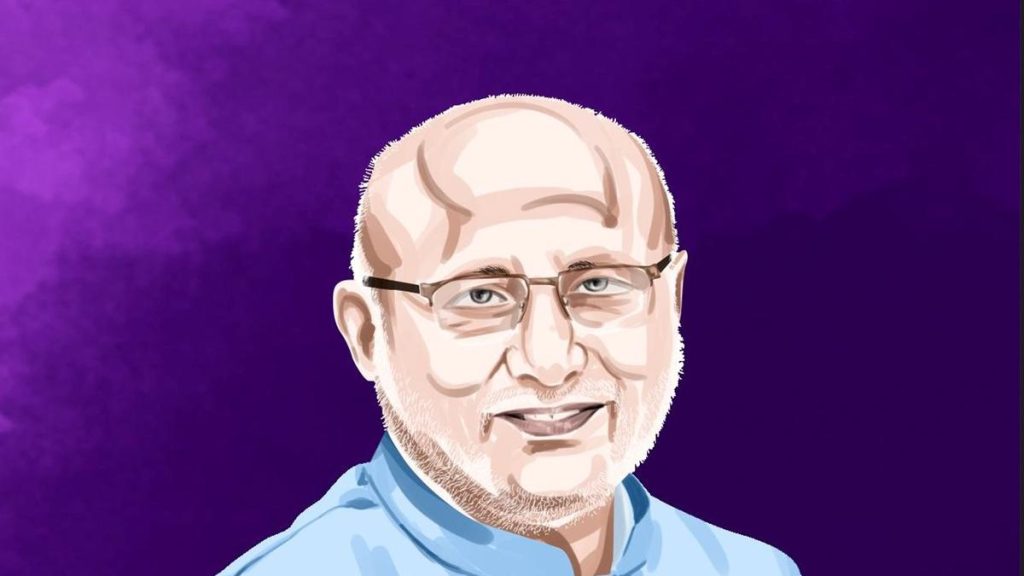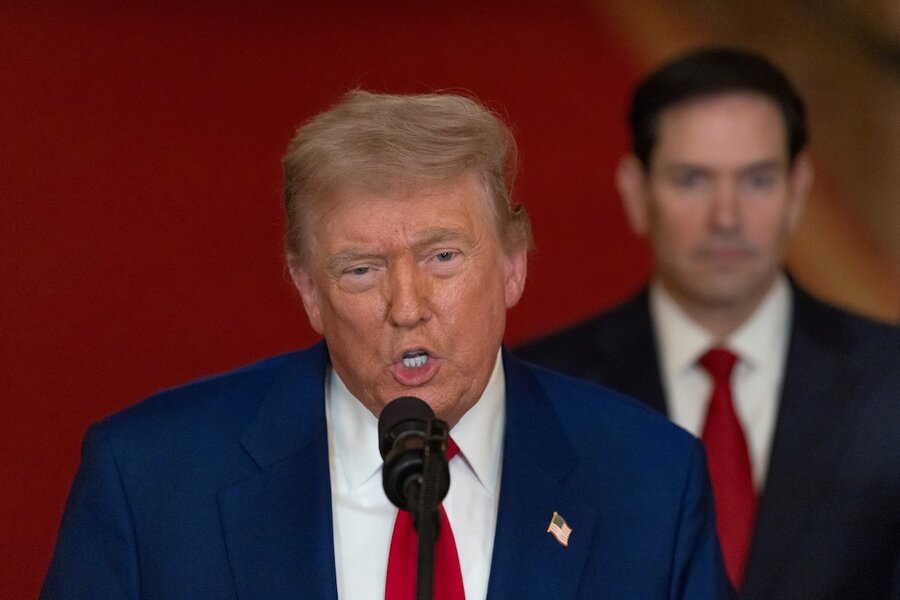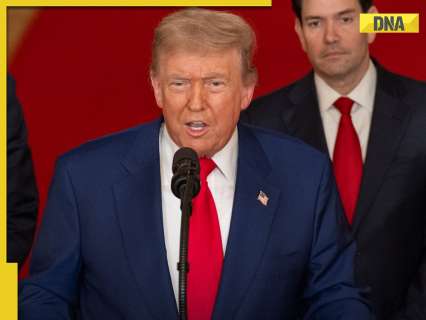Now Reading: New York Mayoral Primary Highlights Democratic Divisions
-
01
New York Mayoral Primary Highlights Democratic Divisions
New York Mayoral Primary Highlights Democratic Divisions

Rapid Summary
- Former New York Governor Andrew Cuomo is leading polls in the NYC mayoral race, facing stiff competition from zohran Mamdani and other Democratic candidates.
- mamdani,a Queens assemblymember and democratic socialist,has rallied younger voters with pledges on rent freezes,free buses,and affordable housing.
- City Comptroller Brad Lander gained recent attention after being arrested by ICE agents while assisting a migrant; charges were later dropped.
- City Council Speaker Adrienne Adams is targeting middle-class Black voters but remains behind in polling.
- The election highlights tensions within the Democratic Party between progressive leftists like Mamdani and pragmatic moderates like Cuomo.
- Ranked-choice voting will likely play a crucial role in determining results if no candidate secures 50% initially. Early voting trends show high youth turnout could benefit Mamdani.
- Incumbent Mayor Eric Adams faces low approval ratings following corruption allegations (later dropped) and criticism over his handling of city issues.
Indian Opinion Analysis
This NYC election encapsulates broader political undercurrents relevant even outside the U.S., notably for observer democracies such as India. A contest between ideologies-progressive economic reforms versus moderate pragmatism-is familiar ground for India with its multi-party system. The ranked-choice voting system adds an additional democratic nuance that could intrigue Indian reformists seeking to diversify electoral methods.
For India’s leadership grappling with urban challenges similar to New York’s-affordability crises, migration shifts, political division-the dynamics offer a thought-provoking lens for policy innovation. Economic populism akin to Mamdani’s proposals might strike a chord among indian Millennials facing housing dilemmas in expanding metropolitan cities like Mumbai or Bengaluru.
The mix of experience (Cuomo), fresh ideas (Mamdani), and scandals (Mayor Adams) demonstrates the complexity surrounding leadership choices during periods of urban dissatisfaction-a situation not dissimilar from many indian municipalities struggling post-pandemic recovery amid shifting demographics.
Building alliances across economic divides-essentially what this contest calls into question-is crucial not only at civic levels globally but also within fast-modernizing regions such as Delhi NCR or Hyderabad here at home.



























